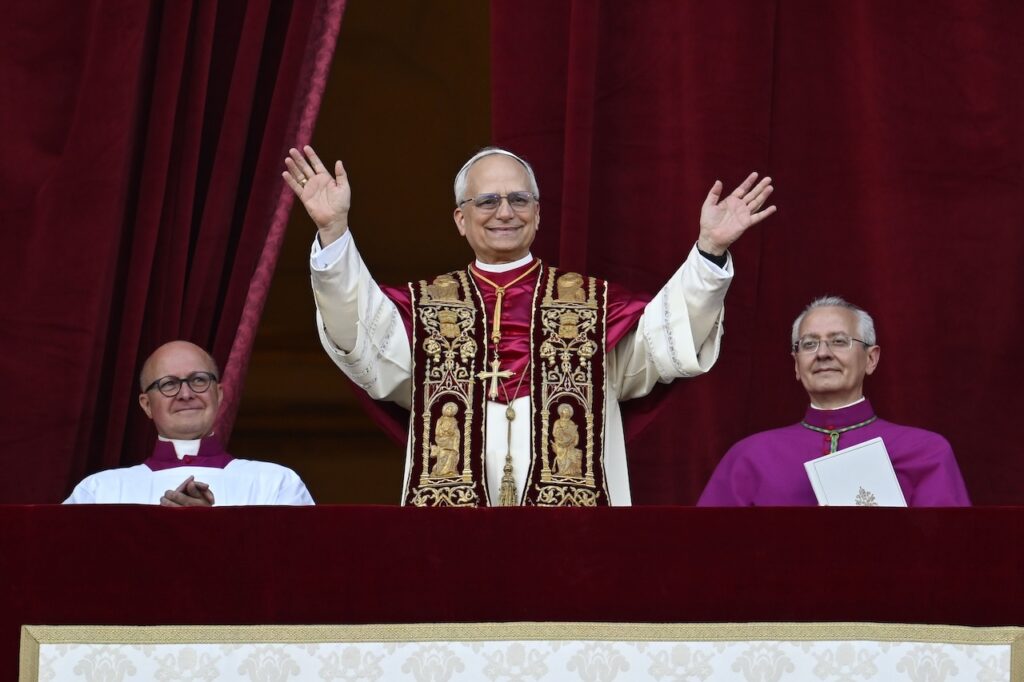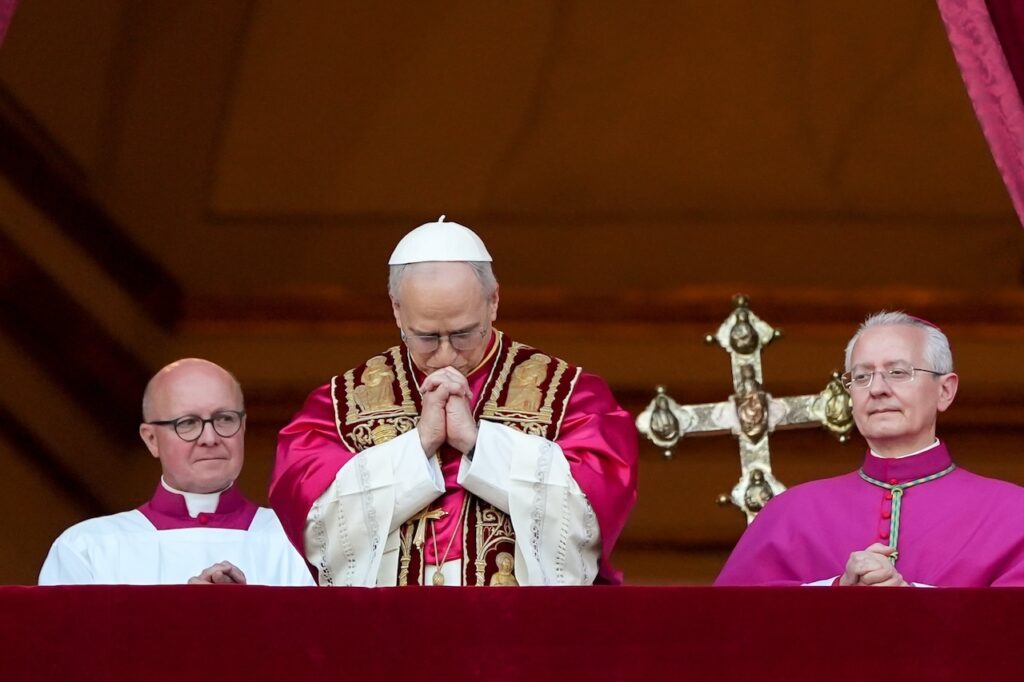Prior to every conclave, there is speculation as to whom will be elected the Successor of St. Peter to lead the Church. The recent conclave was no exception, but I am unaware of anyone who predicted that then-Cardinal Robert Francis Prevost would be elected Pope Leo XIV. Like billions of Catholics worldwide, I was surprised when I heard his name announced.
Whenever people would speculate about the possibility of having an American pope, I, like many others, would express doubts. Common thinking was that there were members of the College of Cardinals who might disagree with having an American lead the Church due to our country’s political, economic and cultural influence worldwide.
That line of thinking might have shifted slightly in 2013 when Pope Francis, a South American, was elected, raising the possibility that someone outside of Europe could be pope. However, the idea of a North American pope still seemed unlikely.
Why he found favor with the cardinals
In hindsight, the election of Pope Leo makes sense. He is a polyglot, speaking English, Spanish, Italian, French and Portuguese, with the ability to read Latin and German. That gift made him an attractive choice for a College of Cardinals that is comprised of multiple nations and ethnicities. When he made his first appearance following his election, his comfort level with languages was evident.
Rooted and immersed in North and South America, our Holy Father has demonstrated his ability to minister in two distinct cultures. Combine that with his leadership of the Augustinian religious community of which he is a member and the Vatican’s Dicastery for Bishops of which he was prefect, we can see why he found favor with his brother cardinals.
It is also evident that he respects the traditions of Church life and appreciates the good work done by Pope Francis. Pope Leo’s first words when he appeared on the loggia following his election were Christ’s first words to the apostles on Easter evening – “Peace be with you.” That universal message indicates his commitment to being a bridge builder and reconciler.

Apply Scripture to today’s issues
As an Augustinian priest, his spirituality is influenced by an approach that takes Scripture and applies it to the issues of our day. They ask, “What does the Gospel say and how can we affect our world today with it?”
That is what Pope Leo is doing when he talks about Catholic Social Teaching and evangelization in a world in which people are drifting away from active practice of the faith, or even as Pope Leo XIV said in his first homily, living in a state of practical atheism. That is, they say they believe, and they might even come to church, but they are living as though they don’t believe.
Much has been said about our Holy Father choosing the name Leo. He said that in choosing that name he was referring to Pope Leo XIII, known for his formulation and summary of Catholic Social Teaching in the encyclical “Rerum Novarum,” written during the Industrial Revolution. He promoted the dignity and just treatment of workers, noting the Church’s commitment and responsibility to stand with them.
In 1891, Pope Leo XIII wrote, “Is it not rash to conjecture the future from the past. Age gives way to age, but the events of one century are wonderfully like those of another, for they are directed by the providence of God [emphasis added], who overrules the course of history in accordance with His purposes in creating the race of man.”
I would not be surprised if during his pontificate Pope Leo XIV were to write “Rerum Novarum 2.0” – an encyclical that speaks to the impact of AI – particularly on labor and on the human condition in general. It could be that the events of the technological 21st century are more similar to those of the industrial 19th century than we might imagine.

Bridge builder, reconciler, peacemaker
Our Holy Father is looking at the present and to the future, seeing clearly that the Church has something to say to the world today. He calls for and brings the message of peace between people and nations, between factions of people within nations, by ideology and within the Church itself. Again, I expect to see Pope Leo as bridge builder, reconciler and peacemaker among all.
In a homily given to pastors in the 5th century, St. Augustine said, “I must distinguish carefully between two aspects of the role the Lord has given me, a role that demands a rigorous accountability, a role based on the Lord’s greatness rather than on my own merit.
“The first aspect is that I am a Christian; the second, that I am a leader. I am a Christian for my own sake, whereas I am a leader for your sake; the fact that I am a Christian is to my own advantage, but I am a leader for your advantage” (46).
We have already seen, and will likely continue to see, Pope Leo applying these words to his pontificate. In his pastoral work at various times in his life and in places throughout the world, he has embraced roles that demand a rigorous accountability. Those experiences, combined with the God-given gifts with which he has been blessed, have prepared him for the rigors that the papacy will place upon him.
Pray daily that the Holy Spirit will guide our Holy Father and that he may be a fruitful and devoted instrument of evangelization, conversion, faith, unity and communion for all.

